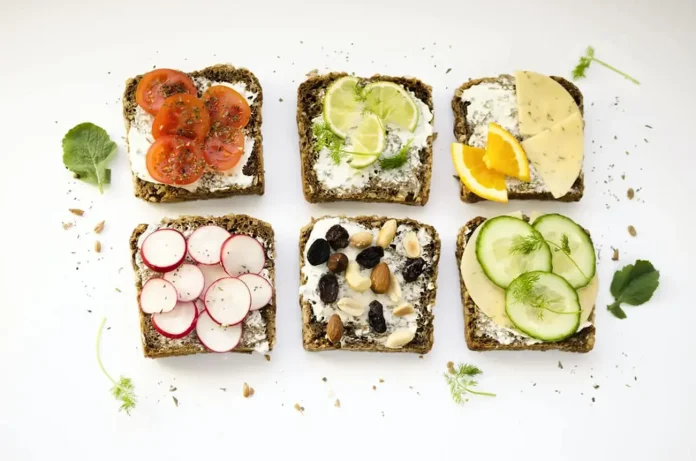In the realm of nutrition, Frozen pizza, ready meals, and chocolates have long held the spotlight as the culprits of unhealthiness. However, it’s crucial to recognize that even seemingly virtuous foods, such as whole-wheat bread, bran cereal, and sugar-free yogurt, can find themselves in the shadowy realm of ultra-processed foods. These processed edibles undergo substantial alterations from their natural state, often involving the incorporation of preservatives or artificial flavors to enhance their shelf life and appeal. Alarming research has linked these culinary transformations to dire consequences, including obesity, diabetes, and cancer.
Moreover, the consumption of ultra-processed foods tends to ratchet up calorie intake due to their heightened caloric density, fostering potentially addictive eating habits. Recent investigations have delved into the intersection of ultra-processed foods and mental well-being, unearthing a disconcerting connection between increased consumption and elevated levels of depression and anxiety, particularly during the COVID-19 pandemic.
Prepare to be astounded by these five unexpected entries in the ultra-processed food category:
- “Healthy” Sugary Cereals: Even cereals marketed as “healthy” can fall prey to ultra-processing. Bran flakes, often hailed as a nutritious breakfast option, conceal additives such as barley malt extract, sugar, and a slew of unnatural ingredients. However, it’s vital to acknowledge that fortified cereals aim to combat common nutrient deficiencies, enriching your diet with vital elements like iron (crucial for red blood cell production and oxygen transport) and essential vitamins for heart and nervous system health.
- Supermarket Bread: That loaf of bread from your local grocery store also earns its place among ultra-processed foods. While homemade bread is considered processed for its standard flour-water-yeast blend, commercial breads frequently incorporate emulsifiers and preservatives to prolong their shelf life. Nevertheless, whole wheat breads offer some redeeming qualities due to their high fiber content. Fiber, a champion of digestive health, also slashes the risk of heart disease, stroke, type 2 diabetes, and bowel cancer. Some breads even receive a nutrient boost through fortification with extra vitamins and minerals.
- Deceptive Yogurt: Yogurt emerges as a wholesome source of protein and calcium, imperative for muscle and bone well-being. Yet, many store-bought yogurt variants stealthily tiptoe into the realm of ultra-processing. Artificial additives often infiltrate these containers to augment taste, color, and aesthetics. Some options, billed as low-sugar alternatives, replace real sugar with artificial sweeteners like aspartame. Stabilizers and preservatives frequently crash the party to extend shelf life. To steer your choice towards a healthier path, opt for unsweetened and low-fat yogurt as a constituent of a balanced diet.
- Fruit and Protein Bars: Fruit and protein bars may present themselves as convenient and healthful, but beneath the surface, they cloak high levels of processing. Fruit snacks frequently incorporate freeze-dried fruit and processed starches. Moreover, these snacks may contain thickeners, acidity regulators, and preservatives to augment texture and shelf life. Protein bars share akin characteristics, frequently harboring sweeteners, emulsifiers, preservatives, and food dyes.
- Canned Legumes: Legumes have long been revered as nutritional stalwarts, delivering essential protein and fiber. However, beware the allure of canned beans or hummus, for they too find themselves in the clutches of ultra-processing. Canned iterations often pack added salt and sugar to bolster flavor.
In a world where nutritional choices wield immense power over our well-being, mindfulness about the foods we consume is paramount. Arm yourself with the knowledge to identify and select minimally processed or whole foods, and you can chart a course towards enhanced health and vitality.



